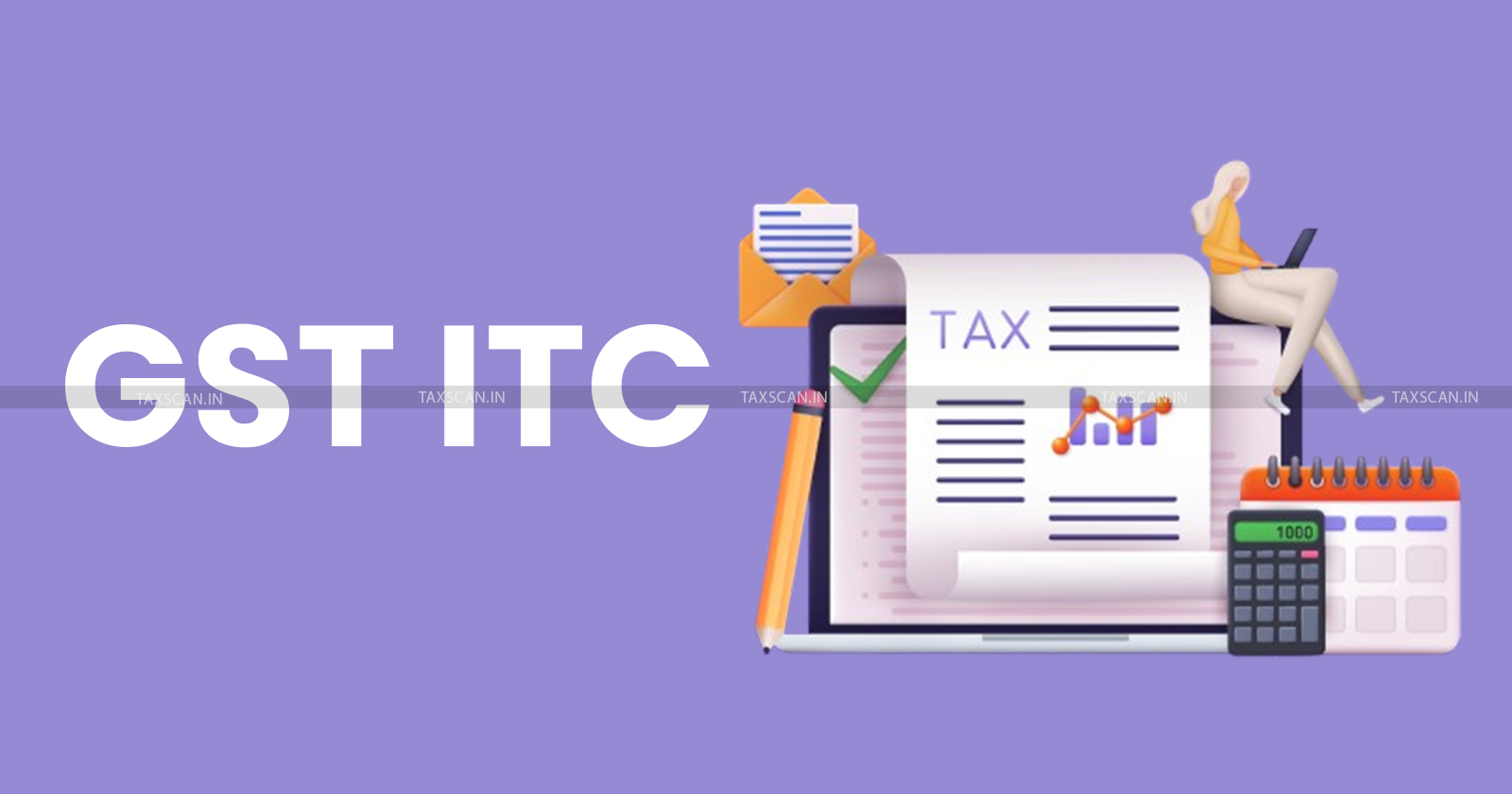Supreme Court rejects Revenue’s plea against Delhi HC’s reversal of ECrL “negative blocking” order under Rule 86A [Read Judgement]
Taxpayers can now challenge arbitrary negative freezing of GST ITC and seek restoration through writ petitions
![Supreme Court rejects Revenue’s plea against Delhi HC’s reversal of ECrL “negative blocking” order under Rule 86A [Read Judgement] Supreme Court rejects Revenue’s plea against Delhi HC’s reversal of ECrL “negative blocking” order under Rule 86A [Read Judgement]](https://images.taxscan.in/h-upload/2025/06/26/2054705-supreme-court-supreme-court-rejects-revenues-revenues-plea-against-delhi-hcs-taxsacn.webp)
The Supreme Court has dismissed the Directorate General of GST Intelligence’s (DGGI) Special Leave Petition (SLP) seeking a review of the Delhi High Court’s judgment that quashed a “negative blocking” of the taxpayer’s electronic credit ledger (ECrL) under Rule 86A of the CGST Rules.
The Delhi HC had earlier held that Rule 86A serves only as a provisional safeguard for tax authorities—not for permanent suspension or recovery of input tax credit (ITC)—and, crucially, negative blocking of the ECrL (creating a debit balance when none existed) is impermissible.
The issue of "negative blocking" of the Electronic Credit Ledger (ECrL) under Rule 86A of the CGST Rules, 2017 has sparked serious debate across courts in India. The term “negative blocking” refers to the practice where tax authorities block more Input Tax Credit (ITC) than is available in the taxpayer’s electronic credit ledger, leading to a negative balance, without following prescribed procedures.
The UAE Tax Law Is Evolving — Stay Ahead Before Clients Find Someone Who Already Is, Enroll Now
The Delhi High Court, in the pivotal ruling in early 2024, held such action ultra vires (beyond the scope of) the statutory rule, and the Supreme Court has now subsequently dismissed the Revenue’s Special Leave Petition (SLP) in June 2024, letting the HC judgment stand.
Leaving in place precedents such as Best Crop Science Pvt. Ltd.—where High Courts ruled companies need not replenish their ECrL from prior fraudulent ITC—the SC found no grounds under Article 136 of the Constitution to intervene and dismissed the Revenue’s appeal.
 Also Read:GST ITC Blocking allowed Even with Zero ITC Balance in ECL: Madras HC delivers Detailed Interpretation of Rule 86A [Read Order]
Also Read:GST ITC Blocking allowed Even with Zero ITC Balance in ECL: Madras HC delivers Detailed Interpretation of Rule 86A [Read Order]
The Madras High Court had earlier ruled that the Input Tax Credit (ITC) under the GST (Goods and Services Tax) can be blocked even with zero ITC balance in the Electronic Credit Ledger (ECL). It was clarified that the negative blocking can continue up to the stage of accumulation of ITC to the extent of wrongful availment of credit in the ECL.
In effect, the Delhi HC decision remains undisturbed: tax officers cannot impose a “negative block” on a taxpayer’s ECrL, especially when the balance is zero, cannot freeze credits indefinitely, and must issue adequate notice and reasons before blocking ITC under Rule 86A of GST Rules.
Support our journalism by subscribing to Taxscan premium. Follow us on Telegram for quick updates


